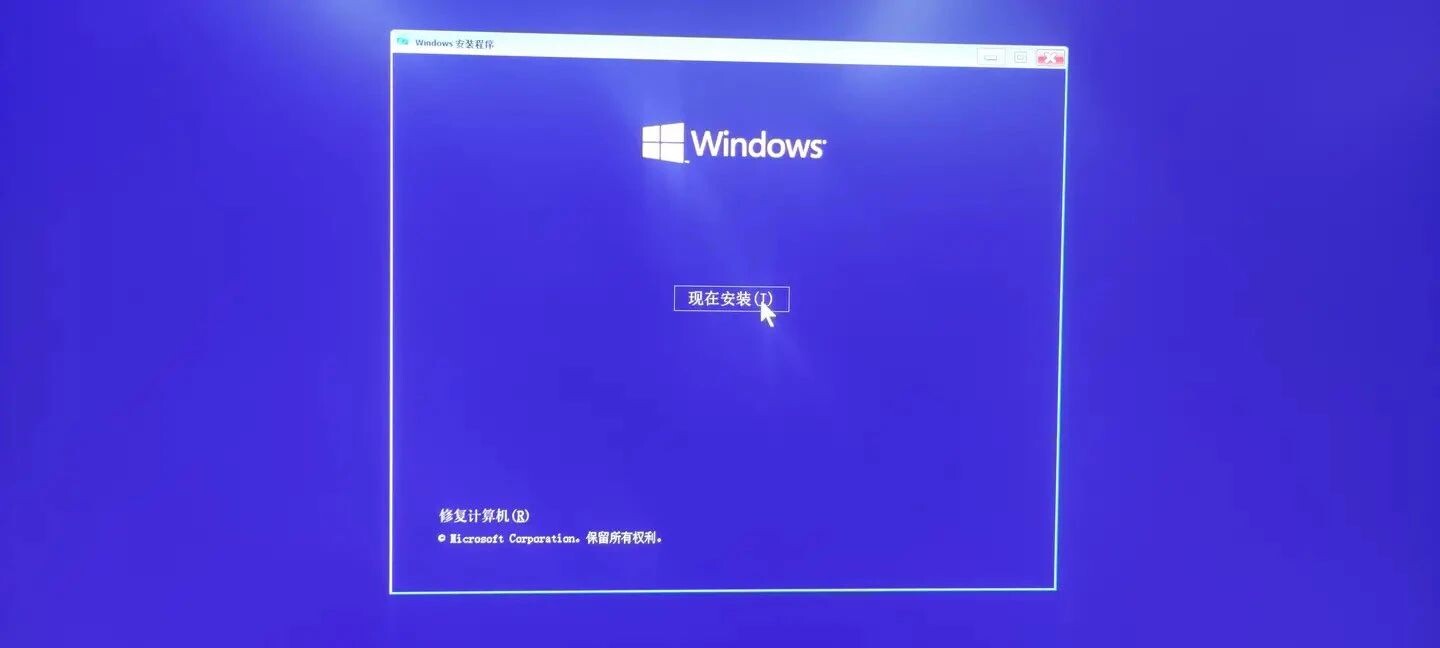一、简介
在本教程中,我们将探讨为什么会在Spring Webflux 应用程序中看到DataBufferLimitException。然后,我们将看看我们可以解决相同问题的各种方法。
2. 理解问题
在跳到解决方案之前,让我们先了解问题。
2.1。什么是DataBufferLimitException?
Spring WebFlux限制了编解码器中内存中数据的缓冲,以避免应用程序内存问题。默认情况下,它被配置为262,144 字节。当这对我们的用例来说还不够时,我们将得到DataBufferLimitException。
2.2.什么是Codec?
spring-web和spring-core模块支持通过具有反应流背压的非阻塞I/O 对更高级别对象的字节内容进行序列化和反序列化。[Codecs](https://docs.spring.io/spring-framework/docs/current/reference/html/web-reactive.html#webflux-codecs)提供了Java 序列化的替代方案。一个优点是,通常,对像不需要实现Serializable.
3.服务器端
让我们首先从服务器的角度看一下DataBufferLimitException是如何发挥作用的。
3.1。重现问题
让我们尝试将大小为390 KB 的JSON 有效负载发送到我们的Spring Webflux 服务器应用程序以创建异常。我们将使用curl命令向我们的服务器发送一个POST请求:
curl --location --request POST 'http://localhost:8080/1.0/process' \ --header 'Content-Type: application/json' \ --data-binary '@/tmp/390KB.json'
正如我们所见,抛出了DataBufferLimitException:
org.springframework.core.io.buffer.DataBufferLimitException: Exceeded limit on max bytes to buffer : 262144 at org.springframework.core.io.buffer.LimitedDataBufferList.raiseLimitException(LimitedDataBufferList.java:99) ~[spring-core-5.3.23.jar:5.3.23] Suppressed: reactor.core.publisher.FluxOnAssembly$OnAssemblyException: Error has been observed at the following site(s): *__checkpoint ⇢ HTTP POST "/1.0/process" [ExceptionHandlingWebHandler]
3.2.通过属性解决方案
最简单的解决方案是配置应用程序属性spring.codec.max-in-memory-size。让我们将以下内容添加到我们的application.yaml文件中:
spring: codec: max-in-memory-size: 500KB
有了这个,我们现在应该能够在我们的应用程序中缓冲大于500 KB 的有效负载。
3.3.通过代码解决
或者,我们可以使用WebFluxConfigurer接口来配置相同的阈值。为此,我们将添加一个新的配置类WebFluxConfiguration:
@Configuration
public class WebFluxConfiguration implements WebFluxConfigurer {
@Override
public void configureHttpMessageCodecs(ServerCodecConfigurer configurer) {
configurer.defaultCodecs().maxInMemorySize(500 * 1024);
}
}这种方法也将为我们提供相同的结果。
4.客户端
现在让我们换个角度来看看客户端的行为。
4.1。重现问题
我们将尝试使用Webflux 的WebClient.让我们创建一个处理程序,以390 KB 的负载调用服务器:
public Mono<Users> fetch() {
return webClient
.post()
.uri("/1.0/process")
.body(BodyInserters.fromPublisher(readRequestBody(), Users.class))
.exchangeToMono(clientResponse -> clientResponse.bodyToMono(Users.class));
}我们再次看到抛出了相同的异常,但这一次是由于webClient试图发送比允许的更大的有效负载:
org.springframework.core.io.buffer.DataBufferLimitException: Exceeded limit on max bytes to buffer : 262144 at org.springframework.core.io.buffer.LimitedDataBufferList.raiseLimitException(LimitedDataBufferList.java:99) ~[spring-core-5.3.23.jar:5.3.23] Suppressed: reactor.core.publisher.FluxOnAssembly$OnAssemblyException: Error has been observed at the following site(s): *__checkpoint ⇢ Body from POST http://localhost:8080/1.0/process [DefaultClientResponse] *__checkpoint ⇢ Handler com.baeldung.[email protected]428eedd9 [DispatcherHandler] *__checkpoint ⇢ HTTP POST "/1.0/trigger" [ExceptionHandlingWebHandler]
4.2.通过属性解决方案
同样,最简单的解决方案是配置应用程序属性spring.codec.max-in-memory-size。让我们将以下内容添加到我们的application.yaml文件中:
spring: codec: max-in-memory-size: 500KB
有了这个,我们现在应该能够从我们的应用程序发送大于500 KB 的有效负载。值得注意的是,此配置应用于整个应用程序,这意味着所有Web 客户端和服务器本身。
因此,如果我们只想为特定的Web 客户端配置此限制,那么这将不是一个理想的解决方案。此外,这种方法有一个警告。用于创建WebClients的构建器必须由Spring 自动连接,如下所示:
@Bean("webClient")
public WebClient getSelfWebClient(WebClient.Builder builder) {
return builder.baseUrl(host).build();
}4.3.通过代码解决
我们还有一种编程方式来配置Web 客户端以实现这一目标。让我们使用以下配置创建一个WebClient:
@Bean("progWebClient")
public WebClient getProgSelfWebClient() {
return WebClient
.builder()
.baseUrl(host)
.exchangeStrategies(ExchangeStrategies
.builder()
.codecs(codecs -> codecs
.defaultCodecs()
.maxInMemorySize(500 * 1024))
.build())
.build();
}有了这个,我们现在应该能够使用我们的Web 客户端成功发送大于500 KB 的有效负载。
5. 结论
在本文中,我们了解了DataBufferLimitException是什么,并研究了如何在服务器端和客户端修复它们。我们研究了两种方法,首先是基于属性配置,其次是编程。我们希望这个例外不会再给您带来麻烦。








0 评论